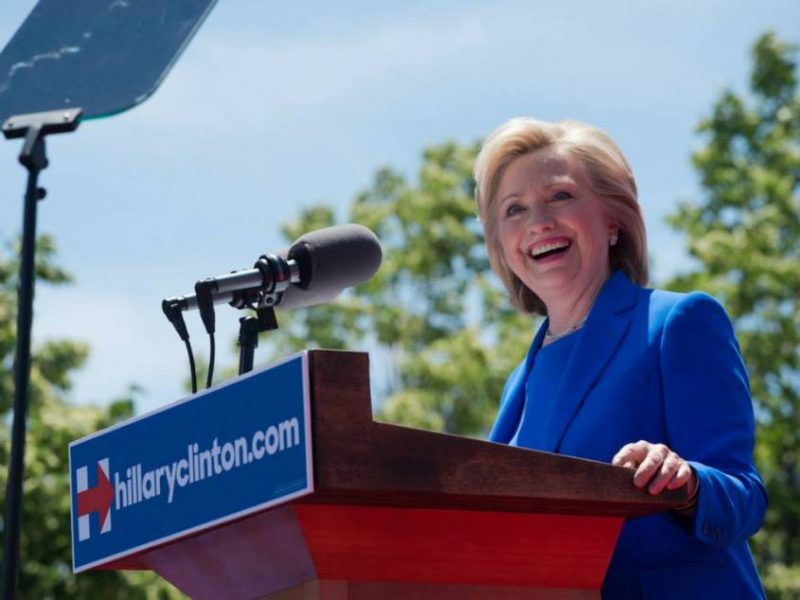
Just take a look around a crowded train station or a public park and you’ll see people glued to their phones — taking selfies and scrolling through their Instagram feeds. We live in a time when the currency of how many “likes” you get for a post adds up to a certain kind of digital fame. Superficial or not, it’s a key part of everyday life. What does it mean to aspire to be the next trending topic on Twitter or subject of a viral video? To gain more insight into why so many people seek stardom on social media, look no further than Lincoln Fenner’s documentary, “Fame Us.”
Currently available through Amazon, Fenner’s film delves into our society’s obsession with social media and our hope to find affirmation online. Released in 2017, the documentary interviews a range of famous faces — both relevant stars and those whose 15 minutes might have run out — from “Baywatch” star David Hasselhoff, President Ronald Reagan’s son Michael Reagan, TV journalist and author Diane Diamond to the late actor Joe Polito, among others.
“Just to have fame as a goal is an absolute illusion,” Hasselhoff says in the film’s official trailer. The TV star might have a point. In June, the Pew Research Center revealed that about seven in every 10 people in the United States use social media regularly to connect, stay on top of the news, find entertainment and share information about themselves.
Fenner’s film is particularly relevant because what we post online can say a lot about how we wish the rest of the world to see us. From company hiring processes to online networking to even dating, the way we brand ourselves through social content is a big part of how we are assessed by other people. Fenner, who conducted interviews around the world for “Fame Us,” is tapping into big questions that should be on all of our minds right now.
Related reading: Inside the Social Media Screening Industry


